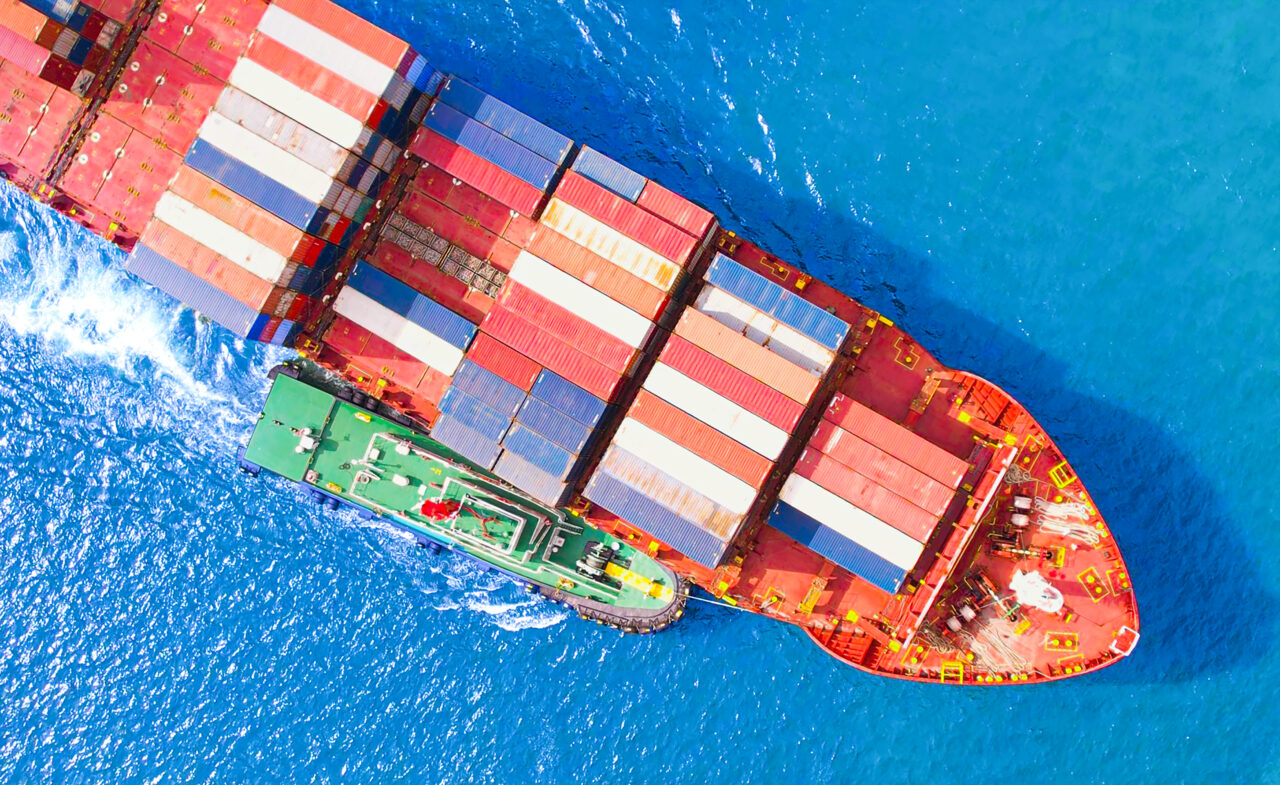On July 4, 2023, a pivotal dialogue transpired in Beijing, marking the fourth EU-China High Level
Dialogue on Environment and Climate (HECD). This significant event was presided over by the
Executive Vice-President (EVP) of the European Commission, Frans Timmermans, and the First Vice
Premier of the People’s Republic of China, Ding Xuexiang. The primary objective of this dialogue was to
foster and deepen cooperation on the global green transition, a mission underscored by the mutual
agreement that green is the distinctive hue of EU-China cooperation.
Key Outcomes:
The dialogue served as a platform to explore avenues for EU-China cooperation in the implementation of
several crucial global agreements. These included the United Nations Framework Convention on Climate
Change, the Paris Agreement, and the Kunming-Montreal Global Biodiversity Framework. Both sides
acknowledged the imperative for the HECD to continue yielding practical results, thereby underscoring
the dialogue’s significance in the global environmental and climate discourse.
The discussion encompassed a broad spectrum of key issues, including the respective environmental and
climate policies and actions in China and the EU. The dialogue also delved into the deepening of bilateral
environmental and climate cooperation and the joint promotion of global multilateral processes. Both
sides concurred on the necessity to bolster efforts to achieve the temperature goal stipulated in the Paris
Agreement. They also lauded the outcomes of the UNFCCC COP27 and agreed to enhance action and
cooperation to expedite domestic and global implementation efforts.
Recognizing the existential threat posed by biodiversity loss, both sides commended the adoption of the
Kunming-Montreal Global Biodiversity Framework (GBF) at CBD COP15. The EU and China expressed
their commitment to swift action towards the implementation of the GBF, both domestically and at the
global level, thereby highlighting their leadership in global biodiversity conservation.
Future Directions: A Forward-Looking Perspective
The dialogue identified several key areas of cooperation, including circular economy, biodiversity,
chemical management, plastic pollution, national carbon markets, climate adaptation, methane emissions
management and control, and the clean energy transition. Both sides agreed to initiate a dialogue on
Carbon Border Adjustment Mechanism (CBAM) to understand and address Chinese concerns. They also
concurred on holding the first High Level Dialogue on Circular Economy and reaffirmed their
commitment to augment efforts to transition to a circular economy, both domestically and internationally.
In a significant move towards global environmental governance, both sides agreed to cooperate and work
towards the adoption of a global legally binding instrument on plastic pollution by the end of 2024. They
reaffirmed their commitment to promote the conservation of Antarctic marine living resources in
accordance with the Convention on the Conservation of Antarctic Marine Living Resources (CCAMLR).
They also agreed to continue the discussion on the establishment of a representative system of marine
protected areas in the waters surrounding Antarctica, thereby emphasizing their commitment to marine
biodiversity conservation.
The dialogue concluded with the EVP and the Vice-Premier reaffirming their respective commitments and
efforts to combat climate change and protect the environment. They resolved to work together in areas of
common interest, with a view to reporting at a forthcoming EU-China Summit. Both sides stressed the
need to fully utilize the HECD platform and hold regular HECD meetings to strengthen communication
and coordination between the two sides and deepen cooperation in key areas. This commitment
underscores the ongoing importance of the HECD as a platform for EU-China cooperation in the face of
global environmental and climate challenges.
